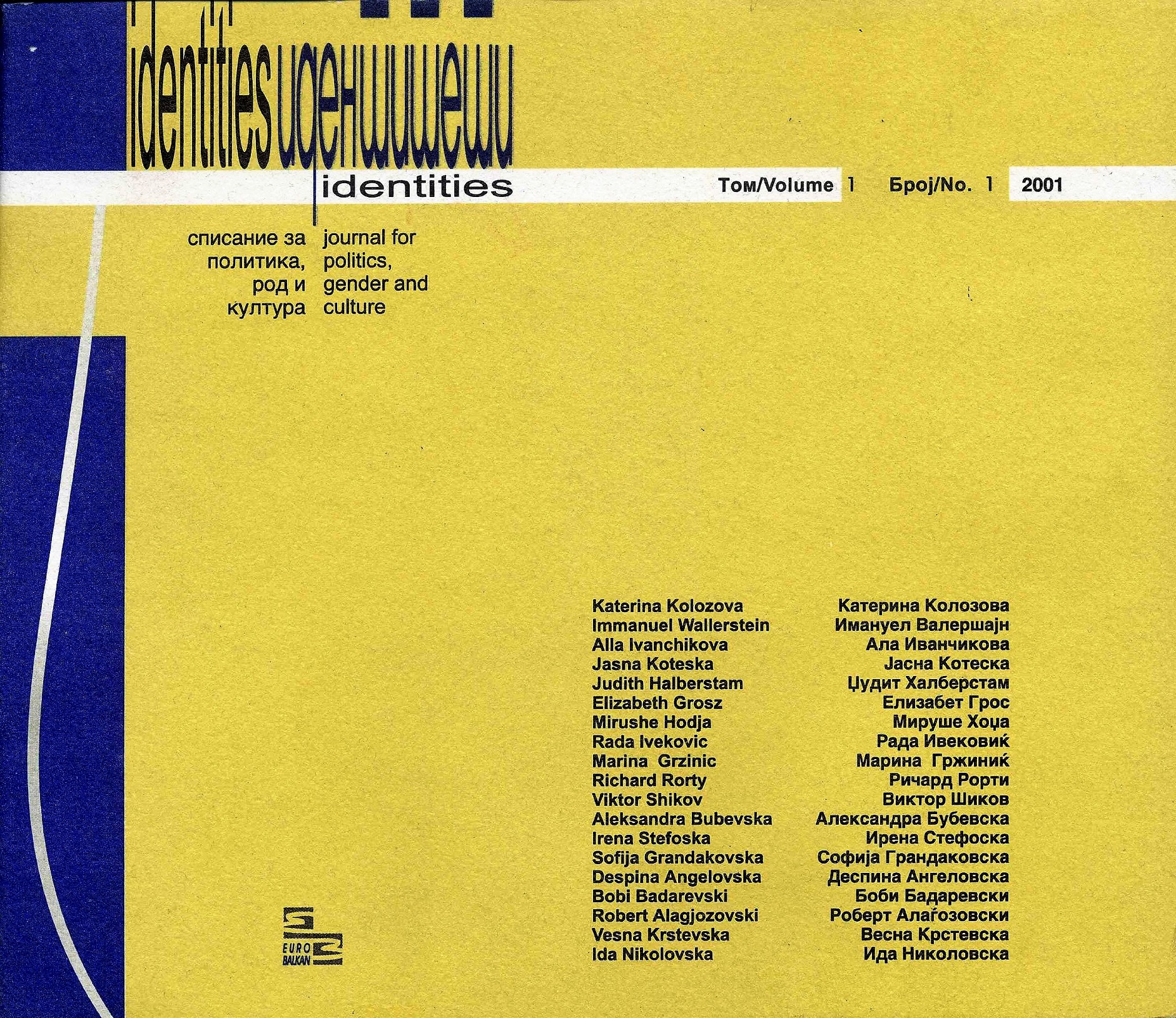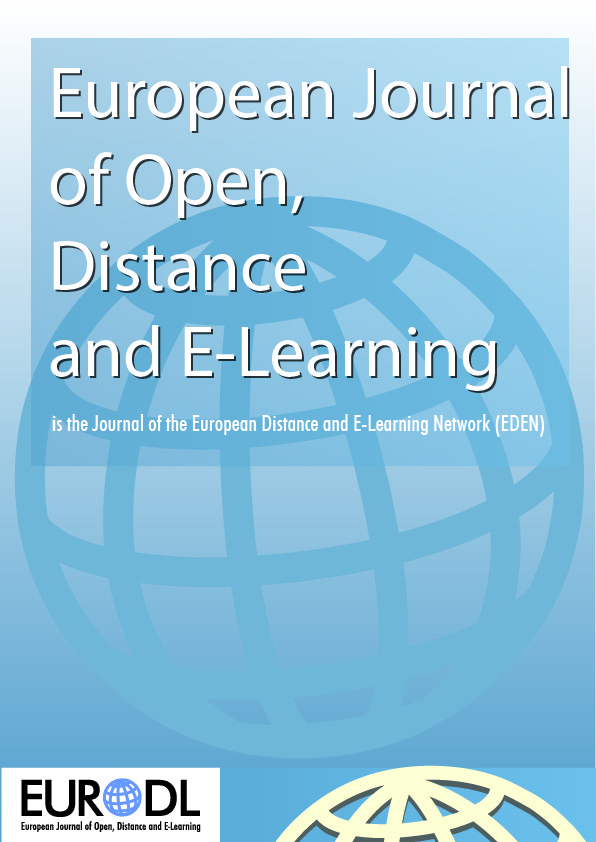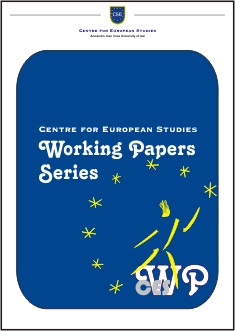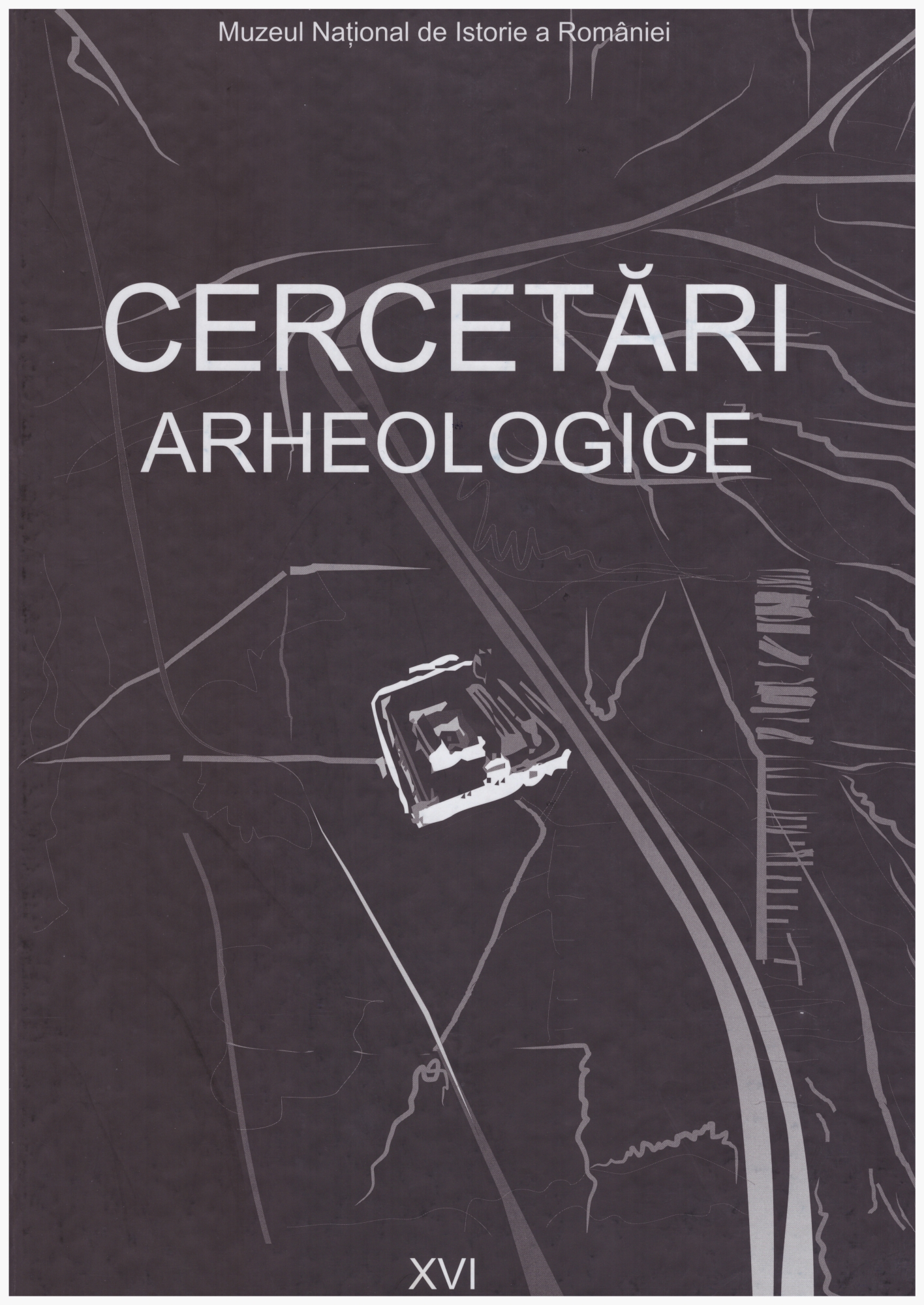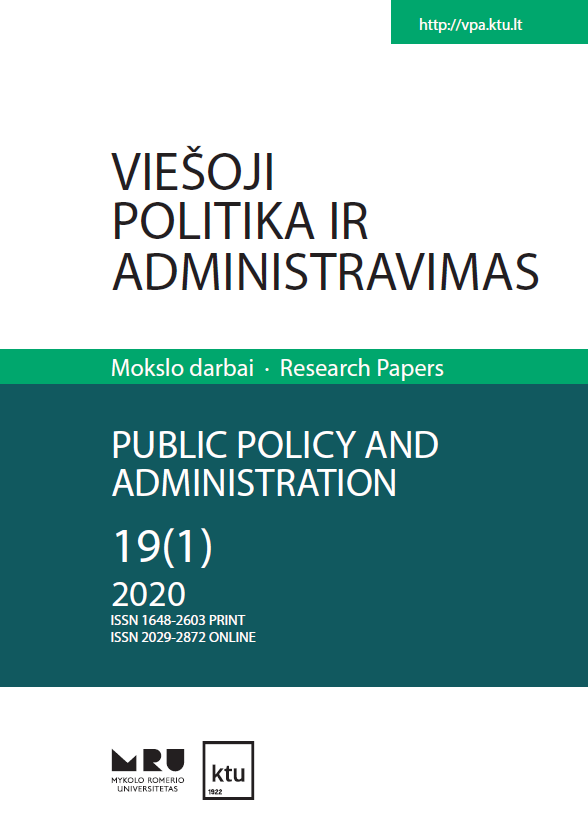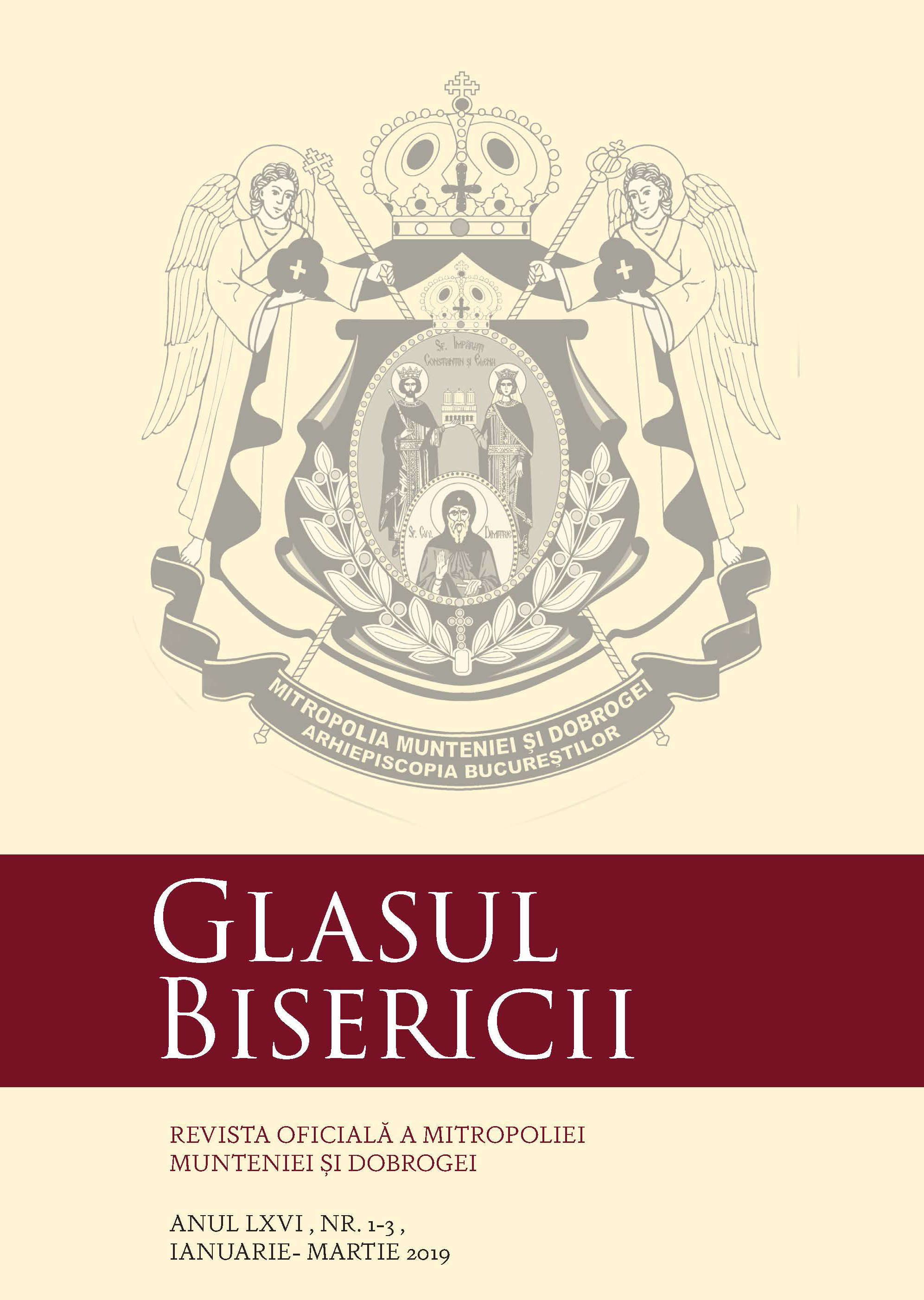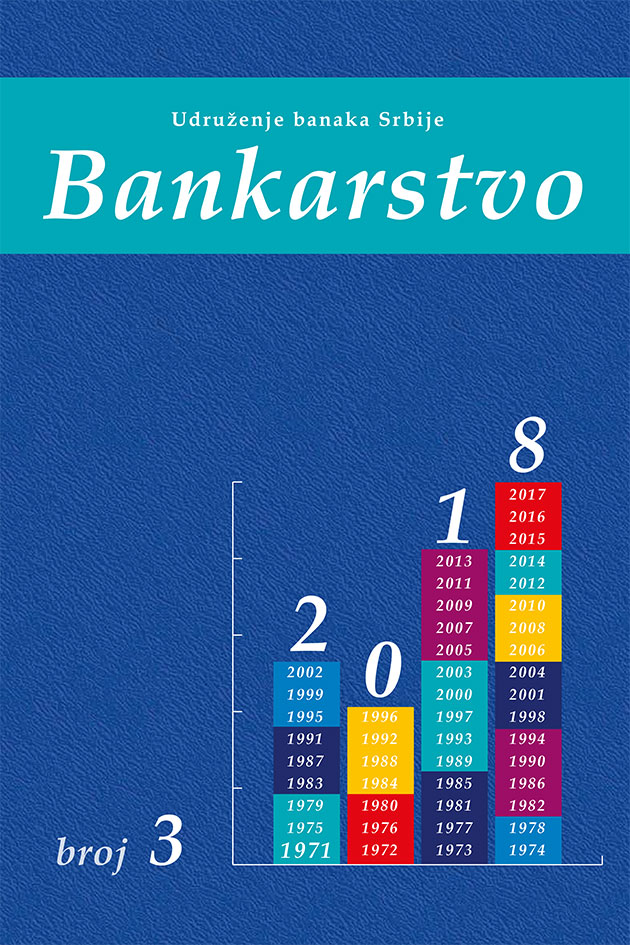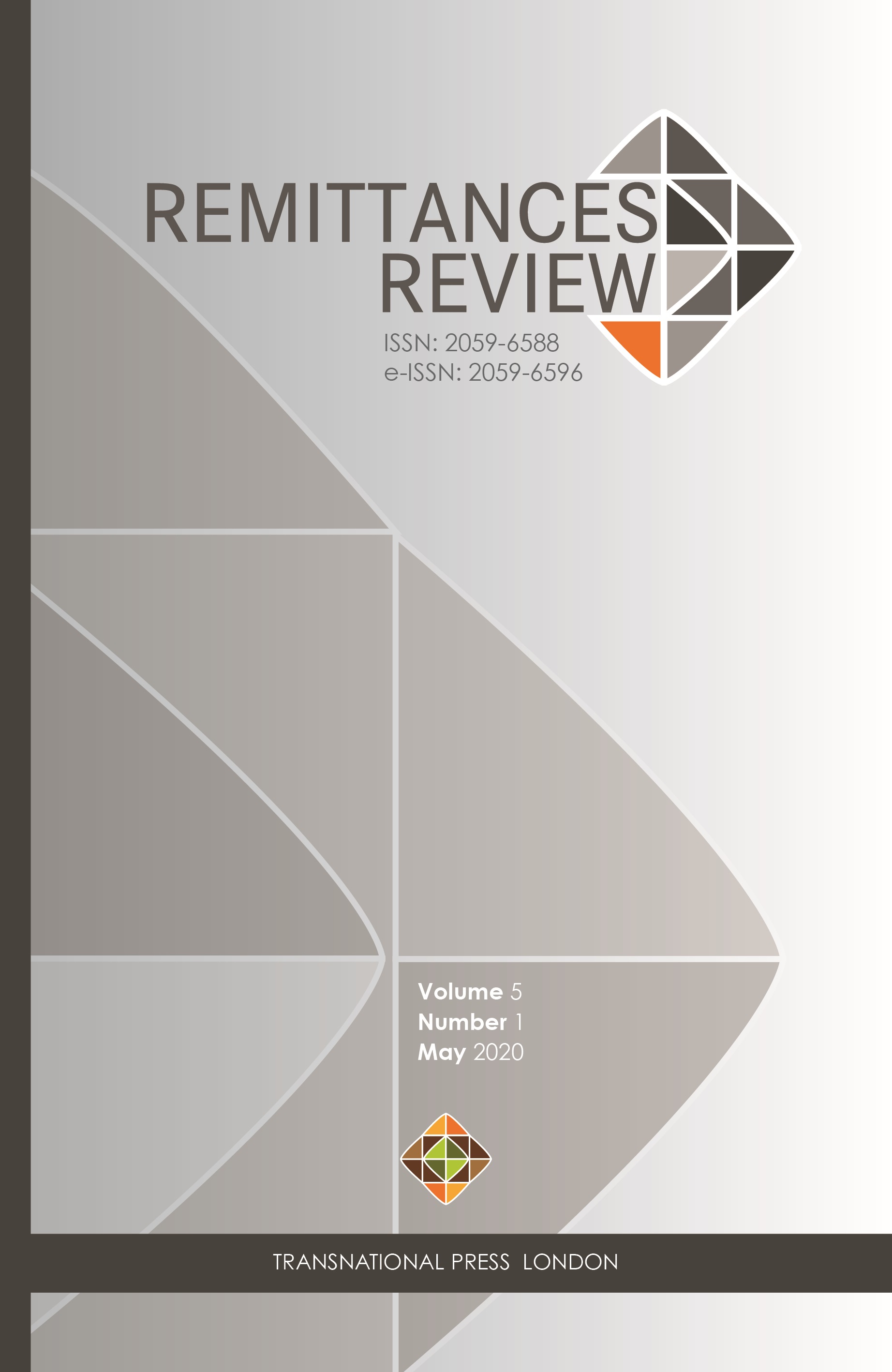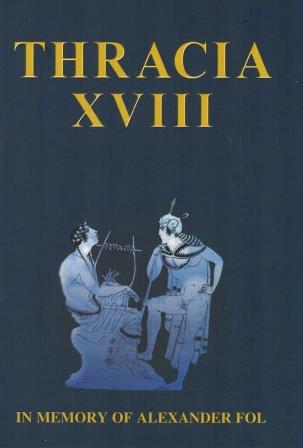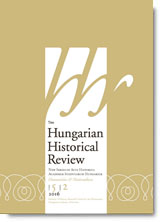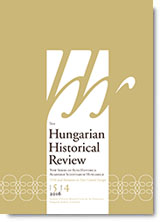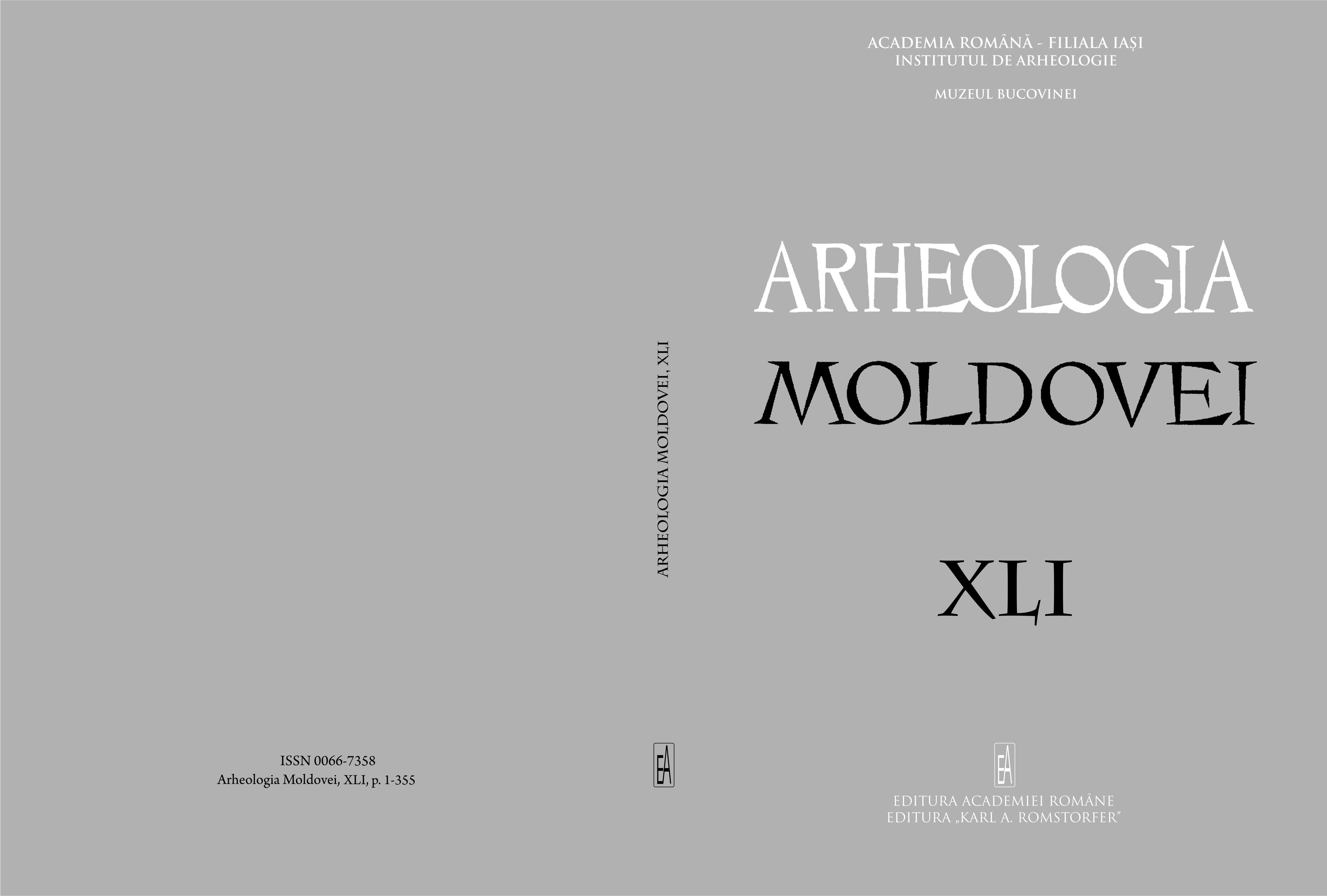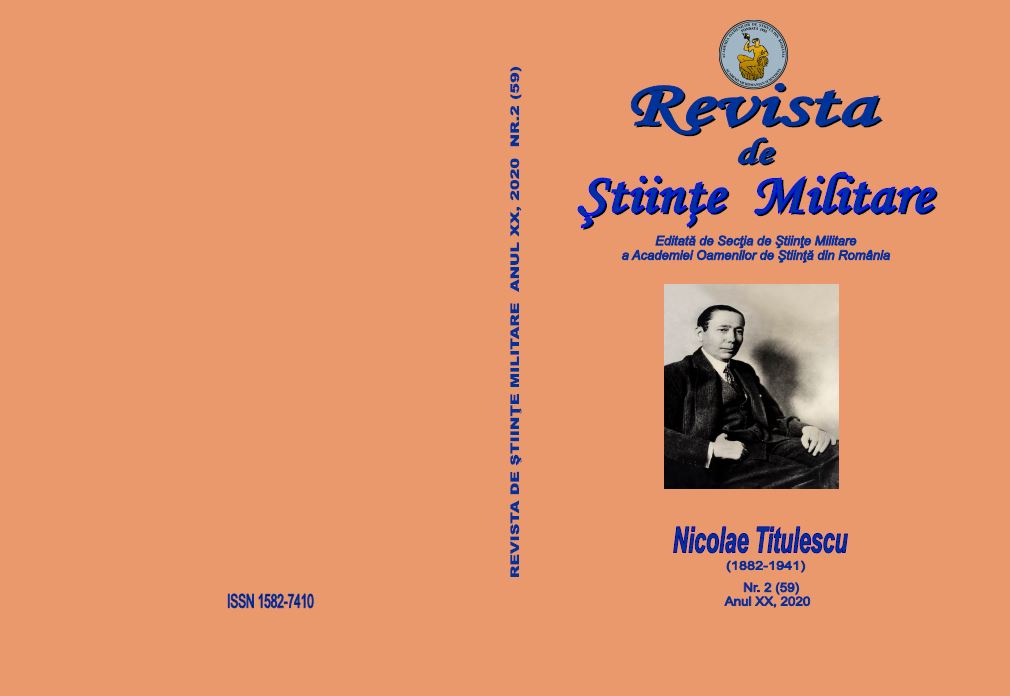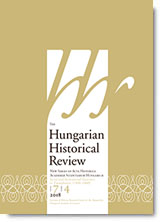On the defence of aurariae Dacicae
Author(s): Ovidiu Ţentea / Language(s): English
/ Issue: 1/2009
Keywords: aurariae Dacicae; legionaries; beneficiarii consularis; equestrian auxiliaries; western frontier;
Apărarea cadrilaterului aurifer a fost un subiect abordat de mai multe ori în literatura de specialitate, fiind tratat de obicei împreună cu tema frontierei de vest a provinciei Dacia. Cu toate acestea, informaţiile de care dispunem până în acest moment sunt insuficiente sau neclare, tocmai în sectorul cuprins între castrele de la Micia şi Bologa, anume în zona Munţilor Apuseni. Această discuţie argumentează câteva elemente ale unui posibil model de funcţionare a apărării zonei minelor aurifere. Nu am intenţionat însă să realizez o analiză detaliată a întregii problematici. Staţionarea legiunii XIII Gemina la Apulum, încă din primii ani ai provinciei, pe întreaga durată a existenţei acesteia, a fost pusă în legătură şi cu paza zonei aurifere, respectiv cu protejarea transportului aurului extras în Muntii Apuseni. Odată cu venirea legiunii V Macedonica în Dacia, segmentul Potaissa – Apulum cuprinde două legiuni şi o ala milliaria, fapt care indică în mod special necesitatea întăririi pazei zonei aurifere. Aşadar, aducerea legiunii la Potaissa indică interesul deosebit pentru întărirea unei zone sensibile şi deosebit de importante. Amplasarea a două legiuni la o distanţă mică pentru apărarea unei zone vitale din punct de vedere strategic este un fapt cunoscut pe unele sectoare dunărene, cum ar fi Singidunum–Viminacium, Brigetio–Aquincum sau Vindobona–Carnuntum. În Dacia se poate observa o concentrare de efective militare în zona auriferă şi a graniţei vestice, areal grav afectat în cursul războaielor marcomanice. Astfel, s–a putut observa în cazul Moesiei Superior, că recrutările trupelor din anul 169 p. Chr. au avut în vedere campania din anul următor contra iazigilor. Se poate observa faptul că, de–a lungul timpului, apărarea zonelor miniere constituia o prioritate pentru Roma, în special în perioadele de criză. Deseori, în literatura de specialitate, îndeplinirea acestor sarcini a fost atribuită efectivelor legionare. Atestarea legionarilor în zonele miniere indică, mai degrabă, implicarea acestora în cadrul activităţilor miniere, aceştia oferind suportul economic, administrativ şi tehnic necesar. Sarcina principală a formaţiunilor auxiliare era protejarea activităţilor miniere, a transportului metalelor preţioase şi a aprovizionării zonelor respective. Astfel se explică preponderenţa formaţiunilor echipate cu unităţi de cavalerie, amplasate în proximitatea acestui areal, în fortificaţii situate de–a lungul unor artere rutiere, care facilitau accesul rapid în puncte importante din zona minelor de aur: Micia, Cigmău–Germisara, AmpelumRăzboieni, Gilău, posibil Bologa. Apărarea minelor de aur ale Daciei a fost legată de cea a frontierei vestice a provinciei. Astfel, un rol central l–a deţinut iniţial legiunea XIII Gemina, ulterior atribuţiile par să fi fost împărţite parţial cu legiunea V Macedonica. Acest fapt reiese din amplasarea legiunii din urmă, într–un moment de criză, la capătul unui important culoar rutier, care conducea spre acest areal, apoi mai departe spre frontiera vestică. Capacitatea unor trupe staţionate în interiorul provinciei de a ajunge rapid în zona cuprinsă între castrele dintre Micia şi Bologa ar putea explica lipsa unor fortificaţii semnalate în acest areal. Această presupunere este condiţionată, fireşte, de stadiul actual al cercetărilor.
More...
